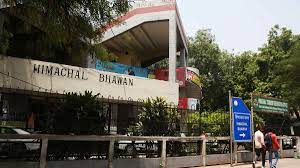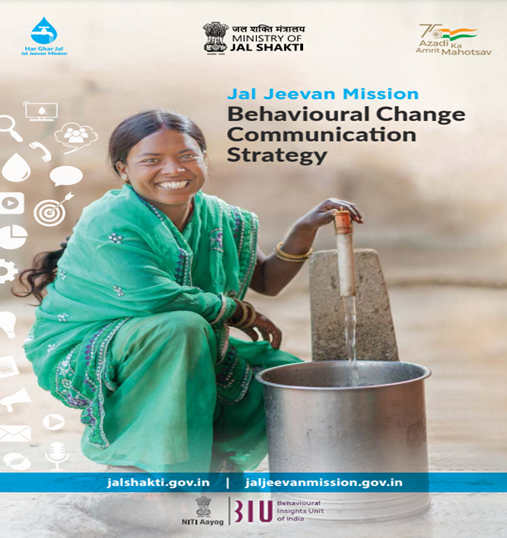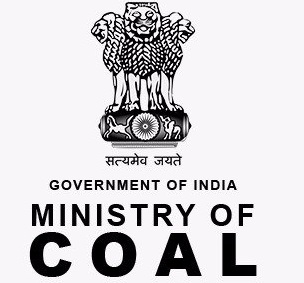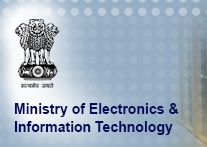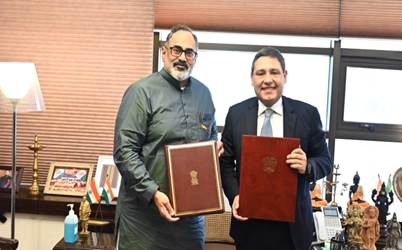IndianBureaucracy Jaipur, Rajasthan – In a virtual address to the ‘Viksit Bharat Viksit Rajasthan’ program, Prime Minister Shri Narendra Modi inaugurated, dedicated to the nation, and laid the foundation stone for a slew of transformative development projects in Rajasthan, totalling an impressive Rs 17,000 crore.
Key Highlights of the Program:
- National Highway Projects: The Prime Minister inaugurated various National Highway projects exceeding Rs 5,000 crore, including the 8-lane Delhi-Mumbai Greenfield Alignment (NE-4) and the 6-lane Greenfield Udaipur Bypass. These projects aim to enhance connectivity and decongest major traffic routes in the region.
- Railway Initiatives: Prime Minister Modi dedicated eight significant railway projects worth around Rs 2,300 crore, focusing on electrification, revamp, and repair works. Notably, the Khatipura railway station was dedicated to the nation, designed as a satellite station for Jaipur, equipped with terminal facilities to originate and terminate trains.
- Solar Energy Projects: The foundation stone was laid for essential solar projects valued at around Rs 5,300 crore, emphasising the government’s commitment to renewable energy. This includes the NLCIL Barsingsar Solar Project, a 300 MW Solar Power Project, and a 300 MW Solar Power project by NHPC LTD, both in Bikaner.
- Power Transmission Sector: The Prime Minister dedicated power transmission sector projects exceeding Rs 2,100 crore, aimed at evacuating power from solar energy zones in Rajasthan. These projects play a crucial role in transmitting solar power to various regions, contributing to sustainable and clean energy practices.
- Jal Jeevan Mission: Foundation stones for multiple projects worth approximately Rs 2,400 crore, falling under the Jal Jeevan Mission, were laid. These projects focus on strengthening the infrastructure to provide clean drinking water, aligning with the government’s commitment to ensuring access to safe drinking water for all.
- Indian Oil’s LPG Bottling Plant: Prime Minister Modi dedicated Indian Oil’s LPG bottling plant at Jodhpur, showcasing state-of-the-art infrastructure and automation systems. The plant is expected to generate employment opportunities and cater to the growing demand for LPG in the region.
During his address, Prime Minister Modi expressed gratitude for the widespread participation of citizens from all constituencies of Rajasthan in the ‘Viksit Bharat Viksit Rajasthan’ program. He lauded the Chief Minister of Rajasthan for leveraging technology to unite beneficiaries under one virtual roof.
Highlighting the significance of the development projects, Prime Minister Modi emphasised their potential to create numerous employment opportunities in the state. He reminisced about the positive reception received in Rajasthan during various events and acknowledged the state’s role in realising the vision of ‘Modi’s Guarantee.’
The Prime Minister stressed the importance of fast-paced development in essential sectors like rail, road, electricity, and water for the overall growth of Rajasthan. He underscored the government’s commitment to allocating a record Rs 11 lakh crores in this year’s Union Budget for infrastructure development, aimed at benefiting industries like cement, stones, and ceramics.
Prime Minister Modi acknowledged the historic investment in rural roads, highways, and expressways in Rajasthan over the past decade. He highlighted the improved connectivity, linking Rajasthan with coastal areas and contributing to the state’s economic development.
Emphasising the government’s focus on empowering youth, women, farmers, and the poor, Prime Minister Modi declared these as the four biggest castes for the government. He praised the new state government for proposing 70,000 jobs in its first Budget and the formation of a Special Investigation Team (SIT) to tackle paper leak incidents.
The Prime Minister affirmed the government’s commitment to providing gas cylinders to poor families at affordable rates and commended the state government for efficient utilisation of funds. He announced an increase in financial assistance under PM Kisan Samman Nidhi for farmers in Rajasthan and highlighted the government’s serious approach to fulfilling promises across various sectors.
The Prime Minister reiterated the importance of Viksit Rajasthan in the broader context of Viksit Bharat, emphasising the need for robust development in crucial sectors. He noted that the development of these sectors would benefit farmers, animal keepers, industries, and tourism while attracting new investments and employment opportunities to the state.
Closing his address, Prime Minister Modi affirmed that the vision of Viksit Bharat and Viksit Rajasthan resonates with the aspirations of the first-time voters, symbolising a prosperous and empowered future for the state.
The program witnessed the participation of Governor of Rajasthan, Shri Kalraj Mishra, Chief Minister Rajasthan, Shri Bhajan Lal Sharma, other Ministers of the Rajasthan Government, MPs, MLAs, and local-level representatives across the state.



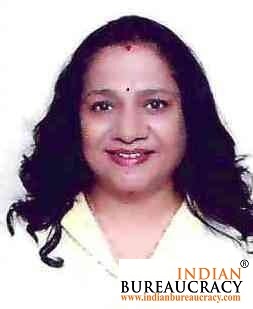
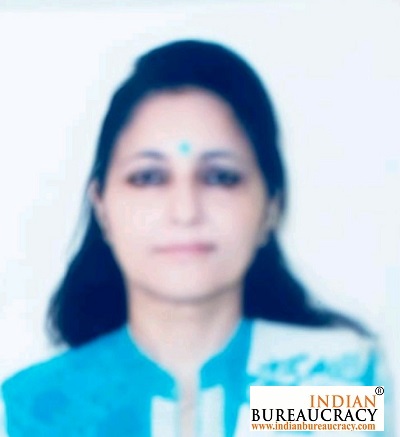
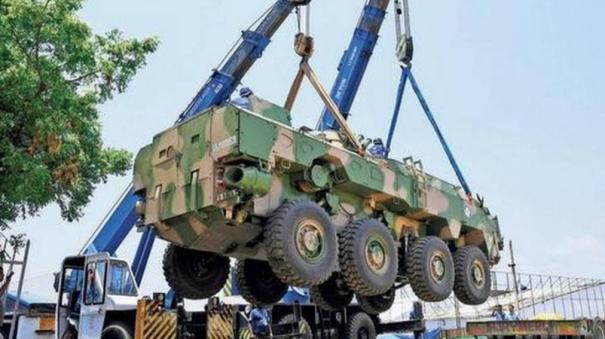
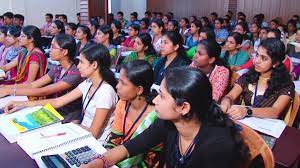
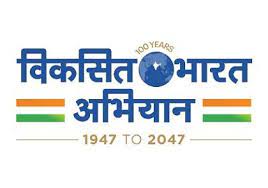
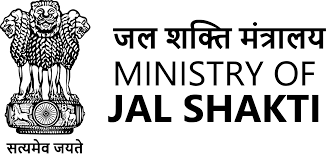
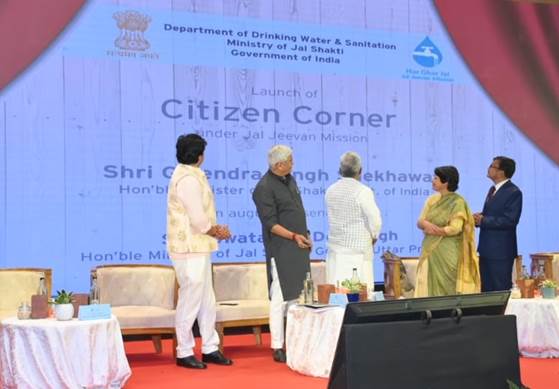 The dynamic dashboard of Jal Jeevan Mission ‘Citizen Corner’ is a one-stop solution with an easy interface with real-time details on water quality of a village and all other water supply information at the click of a button and puts the ability to manage water quality and supply directly into the hands of the citizens. Citizen Corner was launched at the two-day national workshop organised at Lucknow in the presence of Shri Swatantra Dev Singh, Jal Shakti Minister of Uttar Pradesh, Smt Vini Mahajan, Secretary-DDWS, Shri Chandra Bhushan Kumar, AS&MD-NJJM, Shri Jitendra Srivastava, JS&MD-SBMG, Shri Anurag Srivastava, Principal Secretary – Govt. of Uttar Pradesh and Shri Ravi Kishan, a popular actor and Member of the Lok Sabha, Gorakhpur, Uttar Pradesh.
The dynamic dashboard of Jal Jeevan Mission ‘Citizen Corner’ is a one-stop solution with an easy interface with real-time details on water quality of a village and all other water supply information at the click of a button and puts the ability to manage water quality and supply directly into the hands of the citizens. Citizen Corner was launched at the two-day national workshop organised at Lucknow in the presence of Shri Swatantra Dev Singh, Jal Shakti Minister of Uttar Pradesh, Smt Vini Mahajan, Secretary-DDWS, Shri Chandra Bhushan Kumar, AS&MD-NJJM, Shri Jitendra Srivastava, JS&MD-SBMG, Shri Anurag Srivastava, Principal Secretary – Govt. of Uttar Pradesh and Shri Ravi Kishan, a popular actor and Member of the Lok Sabha, Gorakhpur, Uttar Pradesh.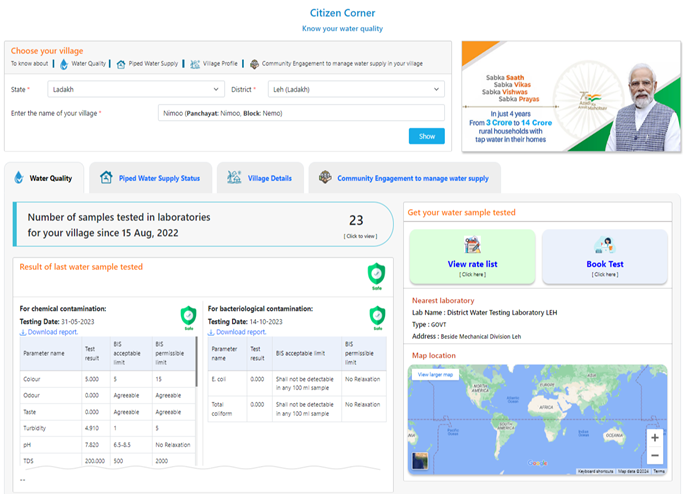 Initiated with the idea of ‘Stay Informed, Stay Empowered’, Citizen Corner facilitates real-time access to information about water quality that not only empowers a common man with the knowledge needed to make informed decisions about water safety but also adds to the confidence of the people for effective water management. As knowledge and information are key to building confidence, the ‘Citizen Corner’ serves as the bridge between information and action. The inclusion of the ‘Citizen Corner’ has granted citizens the power to monitor and check water quality, while also, allowing for quick grievance redressal system, while also strengthen and empower the Gram Panchayats and every rural household with transparency and ease.
Initiated with the idea of ‘Stay Informed, Stay Empowered’, Citizen Corner facilitates real-time access to information about water quality that not only empowers a common man with the knowledge needed to make informed decisions about water safety but also adds to the confidence of the people for effective water management. As knowledge and information are key to building confidence, the ‘Citizen Corner’ serves as the bridge between information and action. The inclusion of the ‘Citizen Corner’ has granted citizens the power to monitor and check water quality, while also, allowing for quick grievance redressal system, while also strengthen and empower the Gram Panchayats and every rural household with transparency and ease.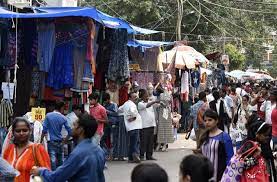
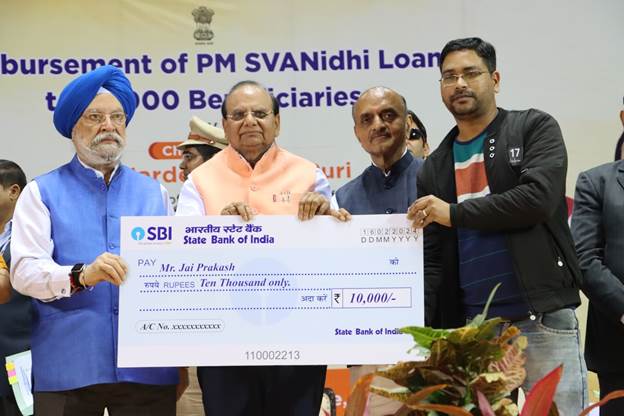 During the camp, Minister Puri highlighted the significant impact of the scheme, which not only provides financial support but also restores respect and dignity to street vendors. The success story was shared in the context of Delhi, where, as of February 14, 2024, 3.05 lakh loan applications were received. Out of these, 2.2 lakh applications were approved, and loans worth Rs. 221 crores were disbursed to 1.9 lakh street vendors. The Mega Camp’s distribution of 10,000 additional loans marked a milestone, pushing the total loans given in Delhi beyond 2 lakhs. The event aimed to celebrate the positive outcomes of the PM SVANidhi scheme in uplifting street vendors across the country.
During the camp, Minister Puri highlighted the significant impact of the scheme, which not only provides financial support but also restores respect and dignity to street vendors. The success story was shared in the context of Delhi, where, as of February 14, 2024, 3.05 lakh loan applications were received. Out of these, 2.2 lakh applications were approved, and loans worth Rs. 221 crores were disbursed to 1.9 lakh street vendors. The Mega Camp’s distribution of 10,000 additional loans marked a milestone, pushing the total loans given in Delhi beyond 2 lakhs. The event aimed to celebrate the positive outcomes of the PM SVANidhi scheme in uplifting street vendors across the country.